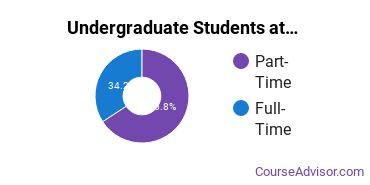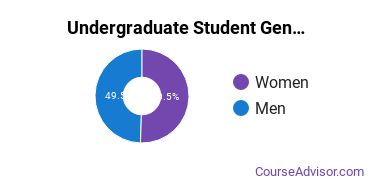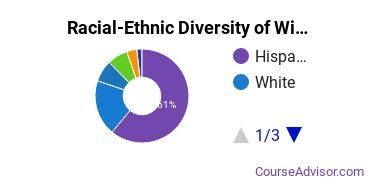City Colleges of Chicago - Wilbur Wright College Overview
City Colleges of Chicago - Wilbur Wright College is a public institution located in Chicago, Illinois. Chicago is a great location for students who prefer city over country life.
What Is City Colleges of Chicago - Wilbur Wright College Known For?
- The associate's degree is the highest award offered at Wilbur Wright College.
- In a recent academic period28% of the faculty were full-time.
- Students who graduate from Wilbur Wright College with a bachelor's degree make about $41,625 a year. That's 2% more than those who graduate from other schools.
Where Is City Colleges of Chicago - Wilbur Wright College?

Contact details for Wilbur Wright College are given below.
| Contact Details | |
|---|---|
| Address: | 4300 N Narragansett, Chicago, IL 60634-1500 |
| Phone: | 773-777-7900 |
| Website: | ccc.edu |
How Do I Get Into Wilbur Wright College?
You can apply to Wilbur Wright College online at: apply.ccc.edu/
Can I Afford City Colleges of Chicago - Wilbur Wright College?
Explore Best Ranked Schools for You
City Colleges of Chicago - Wilbur Wright College Undergraduate Student Diversity

Gender Diversity
Of the 3,113 full-time undergraduates at Wilbur Wright College, 42% are male and 58% are female.

Racial-Ethnic Diversity
The racial-ethnic breakdown of City Colleges of Chicago - Wilbur Wright College students is as follows.

| Race/Ethnicity | Number of Grads |
|---|---|
| Asian | 229 |
| Black or African American | 171 |
| Hispanic or Latino | 1,987 |
| White | 588 |
| International Students | 62 |
| Other Races/Ethnicities | 76 |
Over 68 countries are represented at Wilbur Wright College. The most popular countries sending students to the school are Saudi Arabia, China, and Nigeria.
City Colleges of Chicago - Wilbur Wright College Undergraduate Concentrations
The table below shows the number of awards for each concentration.
| Major | Basic Certificate | Associate’s | Undergraduate Certificate | TOTAL |
|---|---|---|---|---|
| Liberal Arts General Studies | 0 | 496 | 336 | 832 |
| Biological & Physical Science | 0 | 145 | 0 | 145 |
| Precision Metal Working | 48 | 0 | 3 | 51 |
| Information Technology | 25 | 11 | 13 | 49 |
| General Engineering | 0 | 49 | 0 | 49 |
| Legal Support Services | 0 | 33 | 0 | 33 |
| Allied Health & Medical Assisting Services | 0 | 23 | 0 | 23 |
| Computer Systems Networking | 10 | 8 | 0 | 18 |
| Information Science | 18 | 0 | 0 | 18 |
| Criminal Justice & Corrections | 15 | 3 | 0 | 18 |
| Accounting | 10 | 2 | 4 | 16 |
| Computer Programming | 6 | 2 | 1 | 9 |
| Mental & Social Health Services | 6 | 0 | 0 | 6 |
| Fine & Studio Arts | 0 | 6 | 0 | 6 |
| Drafting & Design Engineering Technology | 5 | 0 | 0 | 5 |
| Architectural Sciences & Technology | 0 | 4 | 0 | 4 |
| Library & Archives Assisting | 0 | 2 | 0 | 2 |
| Business Administration & Management | 0 | 0 | 0 | 0 |
| Marketing | 0 | 0 | 0 | 0 |
| Computer Information Systems | 0 | 0 | 0 | 0 |
| Environmental Control Technology | 0 | 0 | 0 | 0 |
| Health & Medical Administrative Services | 0 | 0 | 0 | 0 |
| Social Work | 0 | 0 | 0 | 0 |
| TOTAL | 143 | 784 | 357 | 1,284 |
References
*The racial-ethnic minorities count is calculated by taking the total number of students and subtracting white students, international students, and students whose race/ethnicity was unknown. This number is then divided by the total number of students at the school to obtain the racial-ethnic minorities percentage.
More about our data sources and methodologies.
